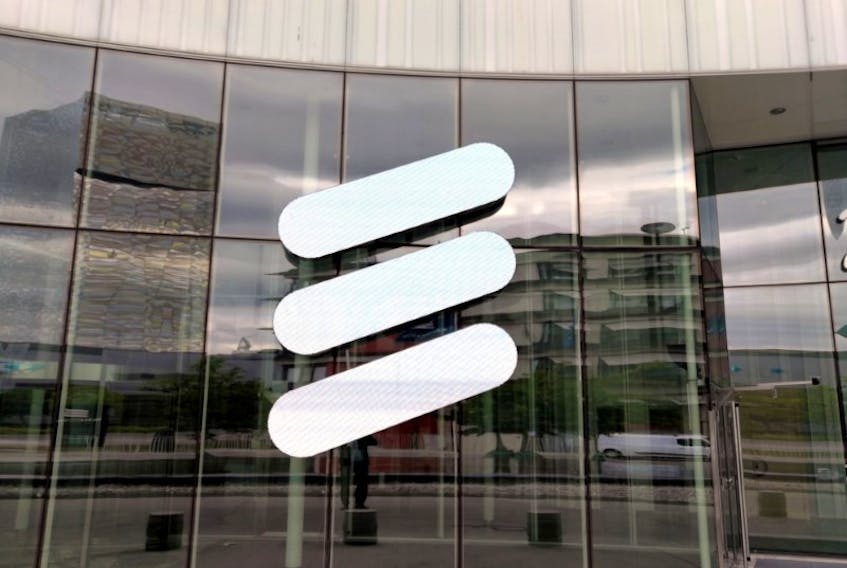By Johannes Hellstrom and Simon Johnson
STOCKHOLM (Reuters) - Sweden's Ericsson
But while the new technology has helped sales, it has increased costs. Ericsson has also opted to take on major new clients to gain market share, betting a hit on margins in the short term will help to deliver longer-term profitability.
It recently bought the antenna and filter business of Germany's Kathrein to boost its 5G portfolio and said costs and investments related to the deal would weigh on margins in 2020.
Increased investments in digitalization and more spending on compliance - after a $1 billion payment to resolve probes by U.S. authorities into corruption - are also expected to mean somewhat higher operating costs in 2020.
In October, rival Nokia
However, Ericsson CEO Borje Ekholm said the Swedish firm was on track to deliver its 2020 targets of an adjusted operating margin of over 10% and sales of 230-240 billion Swedish crowns.
The company also hiked its dividend by 50% to 1.50 crowns per share, which Christer Gardell, managing partner at Ericsson's top shareholder Cevian Capital, said showed its confidence in the future.
"We are convinced that Borje Ekholm will surpass the targets and show the doubters that they are wrong", Gardell told Reuters.
5G
Ericsson is fighting Nokia and Huawei to take the lead in the roll out of 5G networks, which are expected to host critical functions from driverless vehicles to smart electric grids and military communications.
That has led the United States to blacklist Huawei and launch a worldwide campaign to try to persuade allies to ban it from their 5G networks, alleging its equipment could be used by Beijing for spying - which Huawei denies.
Britain is expected soon to make a final decision on whether to allow Huawei equipment in its 5G mobile networks, while Germany may also rule on the matter during the spring.
North America has been the biggest market for 5G so far, boosting Ericsson's sales, but the company said demand slowed in the fourth quarter as the proposed merger between Sprint
"It was a significant impact in a small part of the market which means the quarter came out negative in North America," Ekholm said. "But in general demand is very strong there."
While the United States is an early 5G adopter, China is expected to start its roll out this year.
Ericsson, which has targeted market share in China, said it was still too early to assess possible volumes and price levels for deploying 5G there.
"We expect that the initial challenging margins will shift to positive margins over the lifespan of the contracts," it said.
Western Europe is expected to lag behind, but by 2025 the GSMA telecoms industry lobby group estimates operators globally will have spent $1 trillion building up 5G networks, offering a huge jackpot for the leading suppliers.
Ericsson's adjusted fourth-quarter operating earnings rose to 5.7 billion crowns ($600.2 million) from 2.6 billion a year earlier, but were down from 7.4 billion the previous quarter. Analysts in a Refinitiv poll had forecast 6.9 billion crowns.
For a graphic on 5G networks, click on: https://tmsnrt.rs/32tVdMI
(Reporting by Johannes Hellstrom; Writing by Simon Johnson; Editing by Mark Potter)









